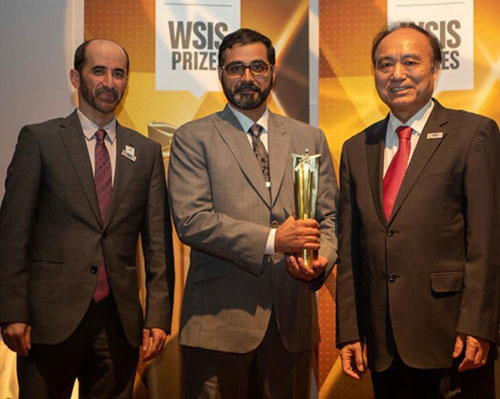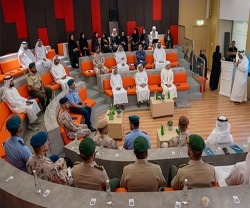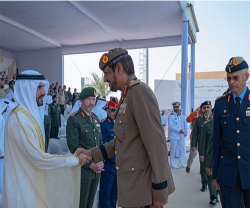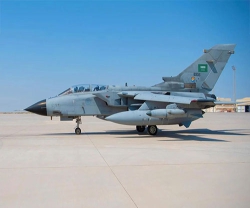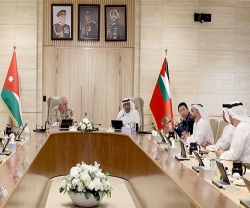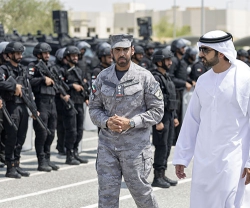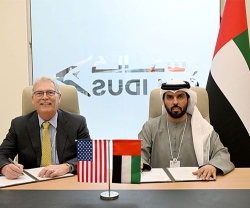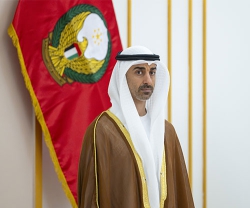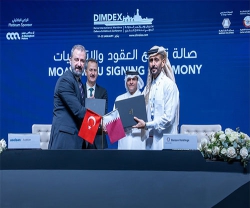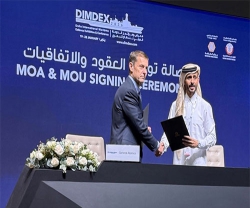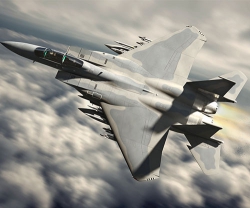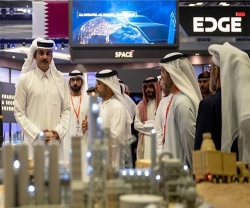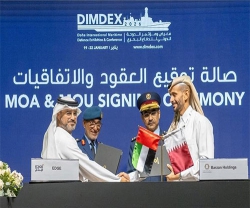The UAE Space Agency has won a 2019 WSIS Prize for its global efforts in partnership and sustainable development.
The WSIS Prizes are part of the World Summit on the Information Society, WSIS, currently underway in Geneva. Since 2012, WSIS Prizes have been recognizing remarkable efforts made by entities and organizations from around the globe that focus on accelerating the socio-economic progress of the whole world as a community, Emirates News Agency WAM reported.
A UAE delegation, headed by the Telecommunications Regulatory Authority, TRA, is taking part in WSIS. The delegation includes representatives from the Ministry of the Interior, Ministry of Human Resources and Emiratization, the Zayed Higher Organization for People of Determination, Smart Dubai Office, Digital Ajman, the UAE Space Agency and the Federal Authority for Nuclear Regulation.
The International Telecommunication Union previously announced the top 90 Champions of the WSIS Prizes, with the 18 winners recognized at the WSIS on 9th April. The prizes contain 18 categories, identifying successful initiatives by governments, private sector actors, civil society members and partnerships between all stakeholders.
Five of the projects submitted by the UAE made it to the final stage of the WSIS Prizes, with the UAE Space Agency project on global efforts in partnership and sustainable development taking home the WSIS Action Line for International and Regional Cooperation.
The United Arab Emirates’ efforts in the field of international and regional space collaboration have helped the country to gain international recognition in the last decade in the space arena.
Moving beyond the steering of policy matters and chairing conferences and meetings, the UAE has developed high national building capacity space programs via successful partnerships with potential and leading space sector administrations.
The UAE has also assisted the international space capacity building efforts of international specialized space organizations like the United Nations Office of Space Affairs, and in a short space of time, the country has successfully partnered with over 25 global members, international and regional organizations to find and set up regional capacity building initiatives.
The four other projects submitted include the TRA Innovation Camp for the category of capacity building; the Mobile Police Station Project, proposed by the Ministry of the Interior for E-Government category; the e-Recruitment Project, submitted by the Ministry of Human Resources and Emiratiszation in the category of e-Recruitment applications, and the e-Licensing program for the e-Environment applications category, introduced by the Federal Authority for Nuclear Regulation.
The WSIS is a high-level international platform through which efforts are coordinated around the world in all matters relating to ICT and digital content. The role played by the Forum is crucial in laying the common ground for shaping a transparent, well-defined global sector-wide vision. The summit runs until 12th April.
In another development, National Geographic announced a four-year partnership with the Mohammed bin Rashid Space Centre, MBRSC, to document the UAE’s journey into space.
In a four-part documentary series, National Geographic will present to the world the UAE’s rise into space, its achievements and ambitions.
The series is set to capture the essence of why and how the space industry was established in the UAE, its importance and how it plays a larger role in tackling the environmental challenges facing the Earth today, from climate change to declining natural resources, to food security. The series will also examine the feasibility of life beyond our planet based on data collected from space and advanced research.
The National Geographic series will capture stories such as the development and historic launch of KhalifaSat, the first 100 percent Emirati developed satellite, travelling to Mars, and building the first city on Mars.
The KhalifaSat is one of the world’s most advanced remote-sensing Earth observation satellites built in the MBRSC Space Technology Laboratories. It was successfully launched into orbit on 29th October 2018, from Japan’s Tanegashima Space Centre aboard the H-HA rocket.

